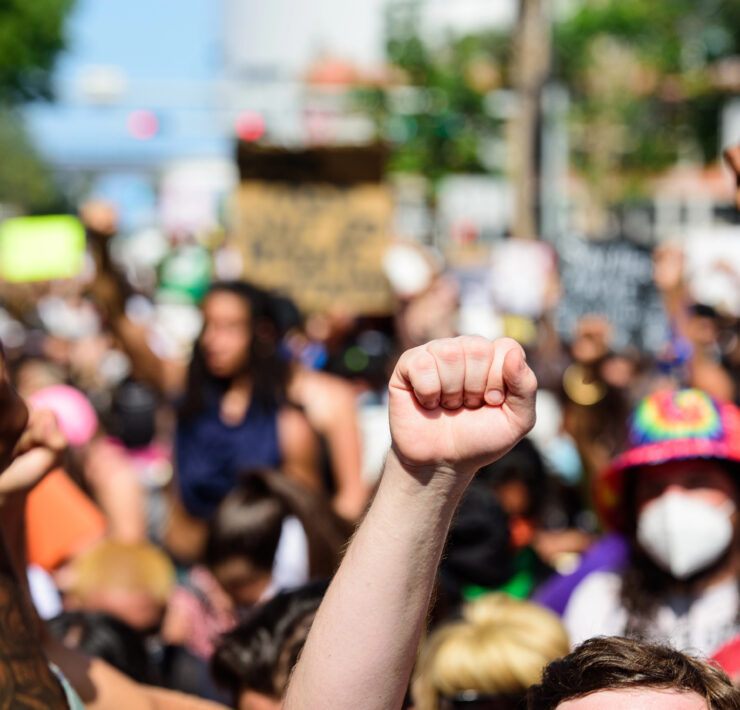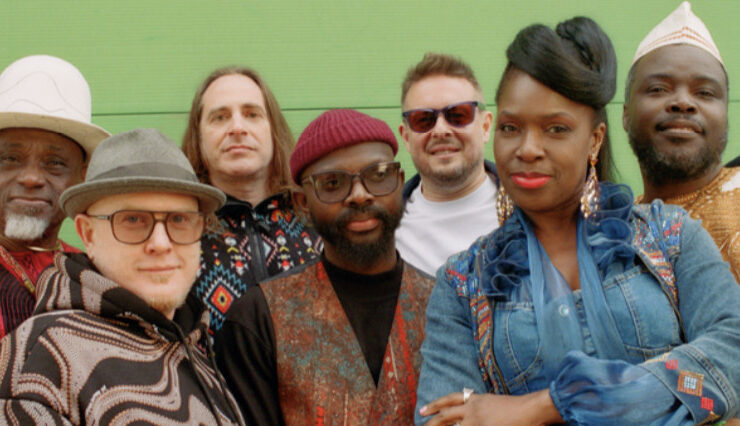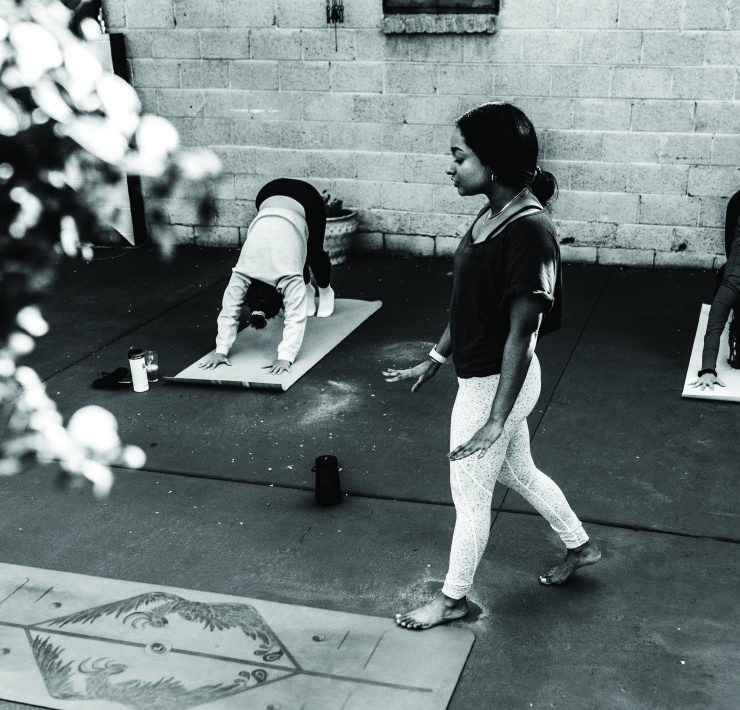Keeping it Zen: Not Yo Mama’s Meditation Group
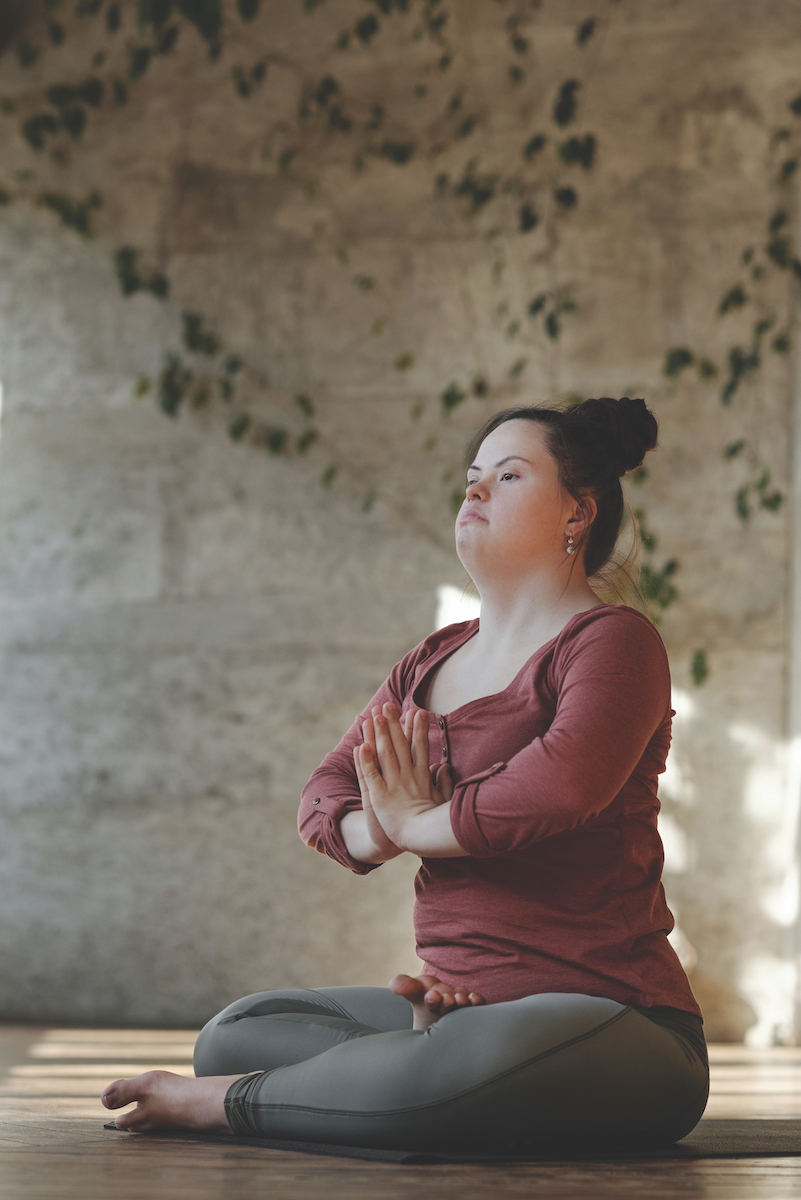
I’m a born-and-raised Coloradan from a small town. I am also bi, Hispanic, and a Zen priest and meditation teacher. This might not seem so strange at first glance to informed, cosmopolitan readers, but I can guarantee that there are very few of us around. If I were to want to reach out to another Zen priest and ask about their experience as part of the LGBTQ/Hispanic community, say, I have almost no one to go to. So, a big question for me is how is it for those who would benefit from having a teacher who understands better their lived experience when it comes to their wanting to work on their wellbeing?
We are, all of us members of groups—bi, gay, trans, straight, queer, and so on. These are fundamental aspects of who we are. When it comes to integrating these aspects of our experience into how we interact with others, there’s sometimes a tendency to try and subsume all such identities into some abstract whole, which can obliterate real distinctions and be a form of intolerance, or they can be seen as being barriers between ourselves and others, rather than points where we connect. What are we to do with this seeming contradiction? Many sense on some level that life is magical. We know that unless we open to that and realize it (make it real), we miss this.
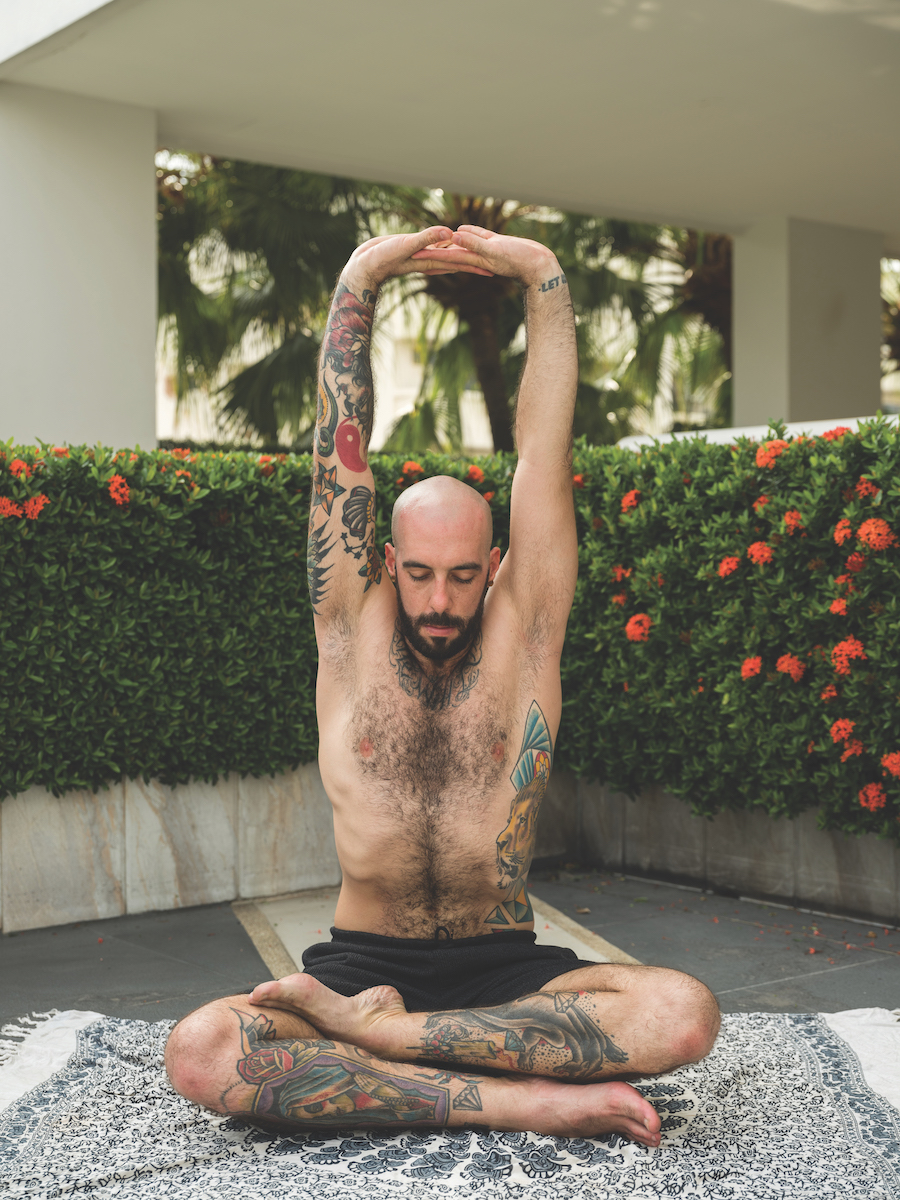 We might start with yoga lessons, meditation, do all the ‘right’ things. Yet, something still doesn’t quite click. Often, too, some might not even try such things. Some groups may not intentionally exclude but there can be part of their functioning which does exclude some who would most benefit. Also, how many actively welcome and encourage people of color, gay people, those who are trans, to join and take part?
We might start with yoga lessons, meditation, do all the ‘right’ things. Yet, something still doesn’t quite click. Often, too, some might not even try such things. Some groups may not intentionally exclude but there can be part of their functioning which does exclude some who would most benefit. Also, how many actively welcome and encourage people of color, gay people, those who are trans, to join and take part?
So we have two aspects here that work together. On the one hand, there is a lack of teachers and facilitators who can address our lived experience as members of groups which have been discriminated against. On the other, there is our own, individual tendency at times to self-exclude.
There are two practical options, as I see it—you can engage with groups that you might otherwise not be that attracted to and change them, help them be more open and welcoming just by being there and using your voice. You can also seek out teachers who do have more experiential understanding that is relevant to you. There are inclusive, nonbinary yoga teachers. There are bi, Hispanic meditation teachers. We exist. We are part of the same communities. Together, all of us are not a minority.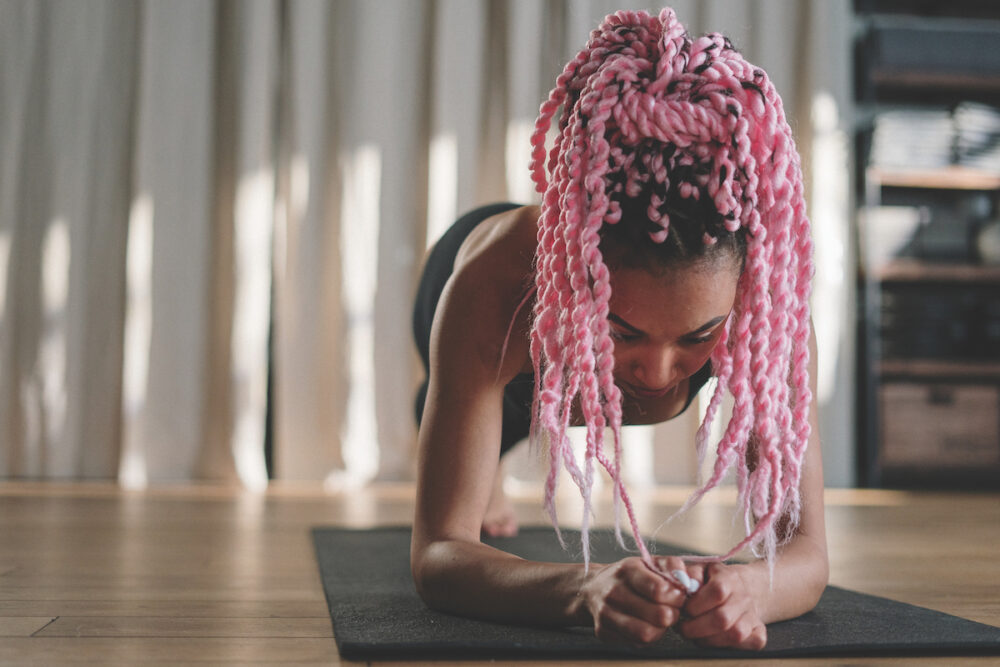
I would also say that when groups or classes are failing in some way to reach you and to address your needs, then you are doing any genuine teacher a service by letting us know. This is not all top-down and one-directional. We work together. There are no teachers without students. You are not at the bottom of some hierarchy, no matter how much some norms and messaging may try to have you believe otherwise. You are not lesser because you suffer from depression. You are not lesser because you are trans. You are not lesser because you are a gay, white guy. You have a voice. An important lesson is to learn to speak with that authentic voice. I hear you. Others will hear you.

I am reminded of the traditional Buddhist metaphor of ‘Indra’s Net.’ The context is that the multiverse, all that is, is composed of an infinite array of jewels. Each jewel is complete and distinct. At the same time, each jewel reflects and indeed is the reflection of every other jewel. The Jewel Net of Indra. You and I are jewels, too, and reflect each other, while also being completely ourselves, with our own, unique identities. Isn’t it time that you started shining?



